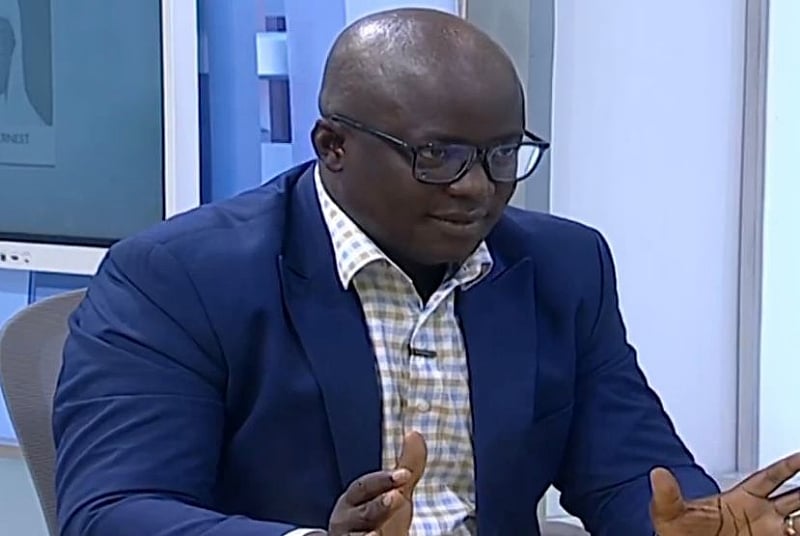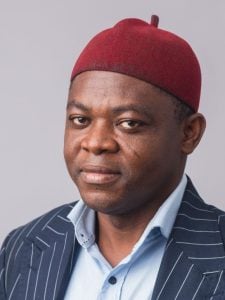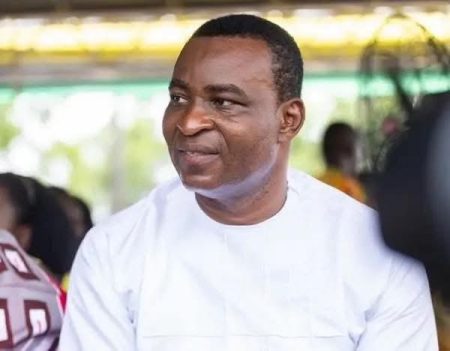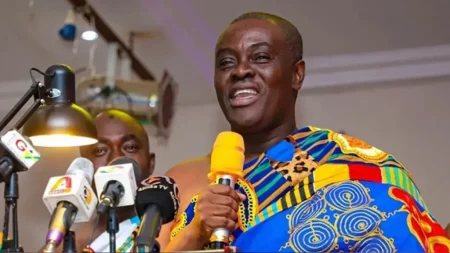The Ghanaian government’s proposal to amend the process for removing Chief Justices has sparked controversy and drawn criticism from legal scholars and political analysts. Dr. Joshua Jebuntie Zaato, a Senior Lecturer at the University of Ghana’s Department of Political Science, has vehemently opposed the proposed changes, characterizing the government’s move as “wicked” and motivated by political self-preservation rather than a genuine desire for judicial reform. The proposed reforms, announced by Majority Leader Mahama Ayariga, aim to address perceived loopholes in the current constitutional and legal framework governing the removal of justices of superior courts, including the Chief Justice. Ayariga contends that these loopholes have led to confusion and disputes in recent high-profile cases, necessitating a more robust and streamlined process. However, critics argue that the timing of the proposed reforms, amidst ongoing proceedings to potentially remove Chief Justice Gertrude Esaaba Torkonoo, casts doubt on the government’s true intentions.
Dr. Zaato’s primary critique centers on the perceived hypocrisy of the government’s approach. He questions why the government is willing to utilize a process it deems flawed to potentially remove the current Chief Justice while simultaneously proposing changes to that very process. This, he argues, suggests a cynical strategy of using the existing framework to achieve a desired outcome – the removal of Chief Justice Torkonoo – before implementing new rules that would supposedly prevent similar actions by future governments. He interprets the government’s actions as a calculated move to install a Chief Justice more aligned with their political ideology, subsequently altering the removal process to protect their appointee from potential dismissal by a future administration.
The government’s justification for the proposed reforms rests on the need to eliminate ambiguity and streamline the removal process for justices of the superior courts. They argue that the current system, which involves a complex interplay of petitions, investigations, and parliamentary votes, is susceptible to manipulation and political influence. By introducing clearer guidelines and procedures, they aim to enhance the integrity and independence of the judiciary. However, critics like Dr. Zaato remain skeptical, viewing the proposed changes as a thinly veiled attempt to consolidate political power and control over the judiciary.
Dr. Zaato’s assertion that the governing party, the National Democratic Congress (NDC), is acting out of fear underscores the political undercurrents driving this debate. He argues that the NDC is apprehensive about the possibility of a future government utilizing the current removal process to oust a Chief Justice appointed by them. This fear, according to Dr. Zaato, motivates their desire to revise the process, effectively shielding their future appointee from removal by a subsequent administration with a different political agenda. This perspective paints the proposed reforms as a preemptive measure designed to safeguard the NDC’s influence over the judiciary in the long term.
The controversy surrounding the proposed reforms highlights the delicate balance between judicial independence and political accountability. While a clear and efficient process for removing justices is essential to ensure accountability and address potential misconduct, it must also be carefully crafted to avoid becoming a tool for political maneuvering. Critics argue that the government’s proposed changes, rather than bolstering judicial independence, could potentially erode it by allowing the ruling party to exert greater control over the appointment and removal of judges, thereby undermining the judiciary’s ability to act as a check on executive power.
The debate over the proposed reforms reflects a broader concern about the politicization of the judiciary. Ensuring the independence of the judiciary is crucial for upholding the rule of law and safeguarding democratic principles. The proposed changes, depending on their ultimate form and implementation, could have far-reaching consequences for the balance of power within the Ghanaian government and the integrity of its judicial system. The ongoing discussion underscores the need for a comprehensive and transparent process of judicial reform that prioritizes impartiality and protects the judiciary from undue political influence. Finding a balance between ensuring accountability and preserving judicial independence remains a significant challenge for Ghana’s democracy.














